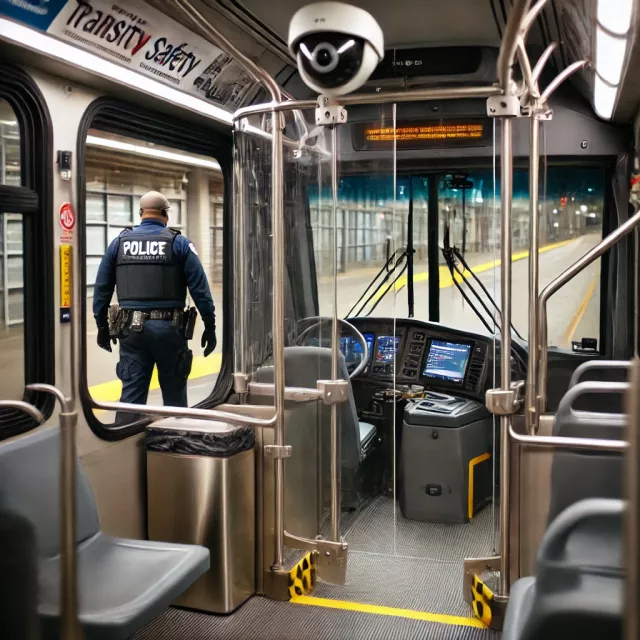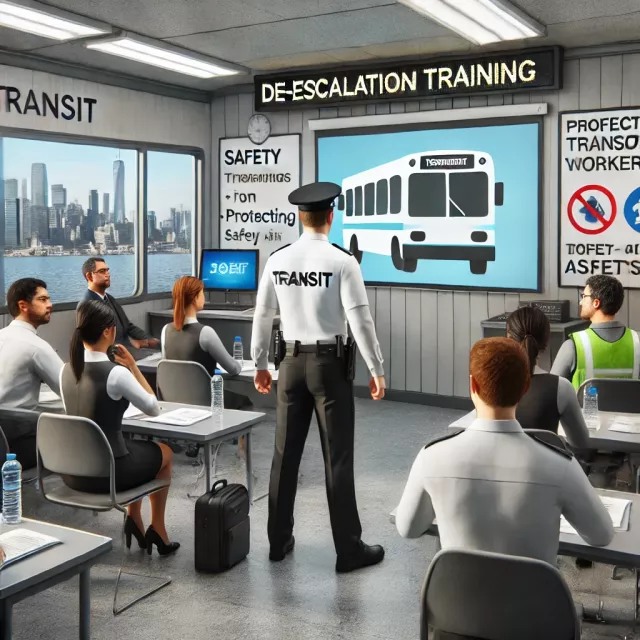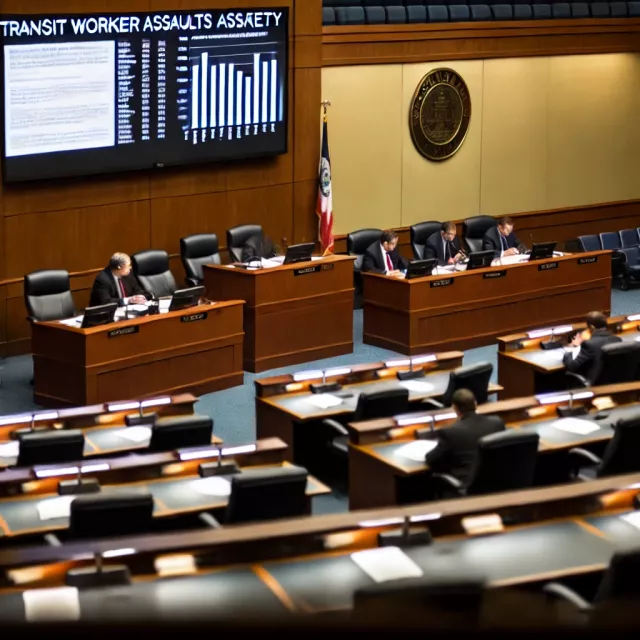Protecting Transit Workers from Assaults: Key Measures and Legislative Support
Transit workers are the backbone of public transportation, ensuring millions of people reach their destinations safely and efficiently. However, assaults on transit workers are on the rise, posing significant risks to both employees and passengers. The Federal Transit Administration (FTA), in partnership with various states, is working to address this growing concern. This article explores three critical aspects of transit worker protection, with a focus on Pennsylvania, Florida, Maryland, and relevant legislative efforts.
1. Strengthening Security Measures
- Installing protective barriers on buses, which have been implemented in cities like Philadelphia, to physically separate drivers from passengers and reduce direct confrontations.
- Increasing the presence of transit police and security personnel in high-risk areas, such as Miami’s Metrorail, to deter potential assaults.
- Utilizing enhanced surveillance systems on buses and in transit stations in Baltimore, ensuring incidents are captured on camera and can be used as evidence for prosecution.

2. Training and Awareness Programs
- In Pennsylvania, transit workers receive de-escalation training to manage confrontational situations and reduce the likelihood of physical assaults.
- Public awareness campaigns in Florida highlight the severe penalties for assaulting transit employees, reminding passengers of the legal consequences.
- Transit agencies in Maryland collaborate closely with local law enforcement, enhancing the response to assaults and improving outcomes for transit workers facing threats on the job.
3. Legislative Support and Enforcement
- Pending bills in Congress aim to increase federal penalties for assaults on transit workers, pushing for higher fines and longer prison sentences. States like Pennsylvania and Maryland are also considering local legislation to enhance protections.
- Florida recently passed laws that toughened penalties for those convicted of assaulting transit workers, making it a felony offense with substantial fines.
- Uniform reporting standards are being promoted across various states, allowing transit agencies to better track assaults and analyze trends to prevent future incidents.
Your Next Steps: By focusing on these measures and pushing for stronger legislation, states like Pennsylvania, Florida, and Maryland are leading the way in creating safer environments for transit workers. Transit agencies, law enforcement, and policymakers must continue to collaborate to ensure that these critical workers are protected.

